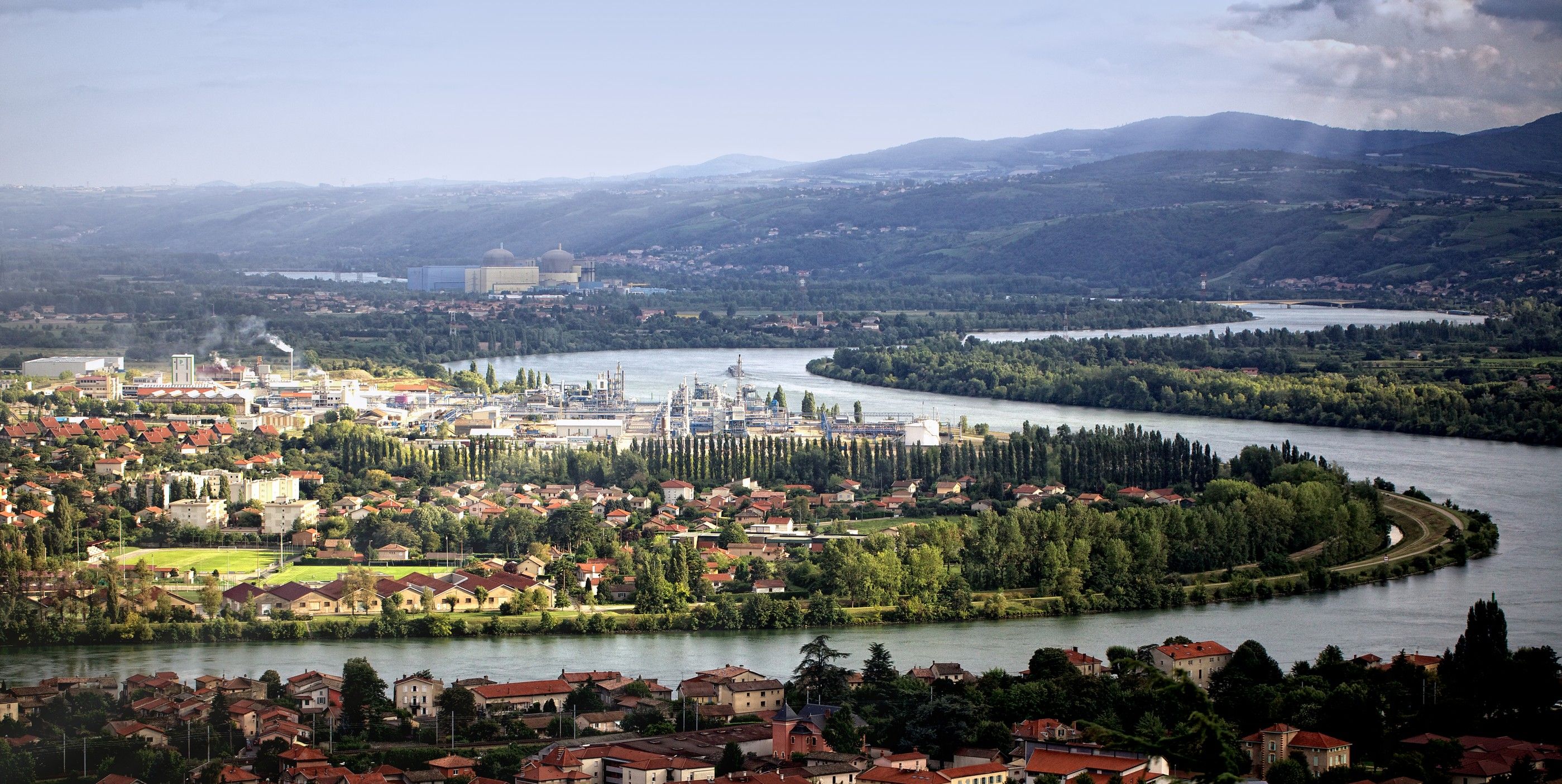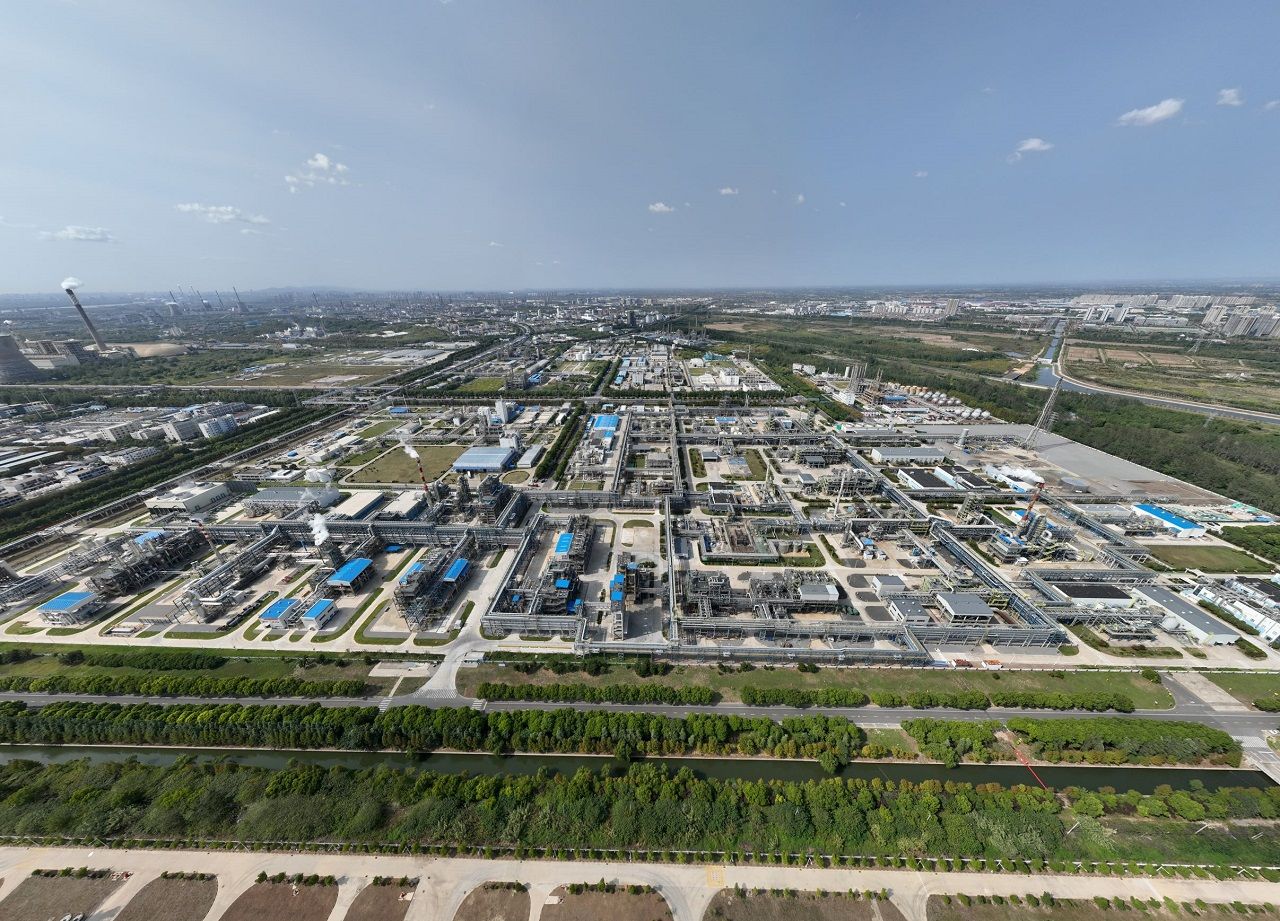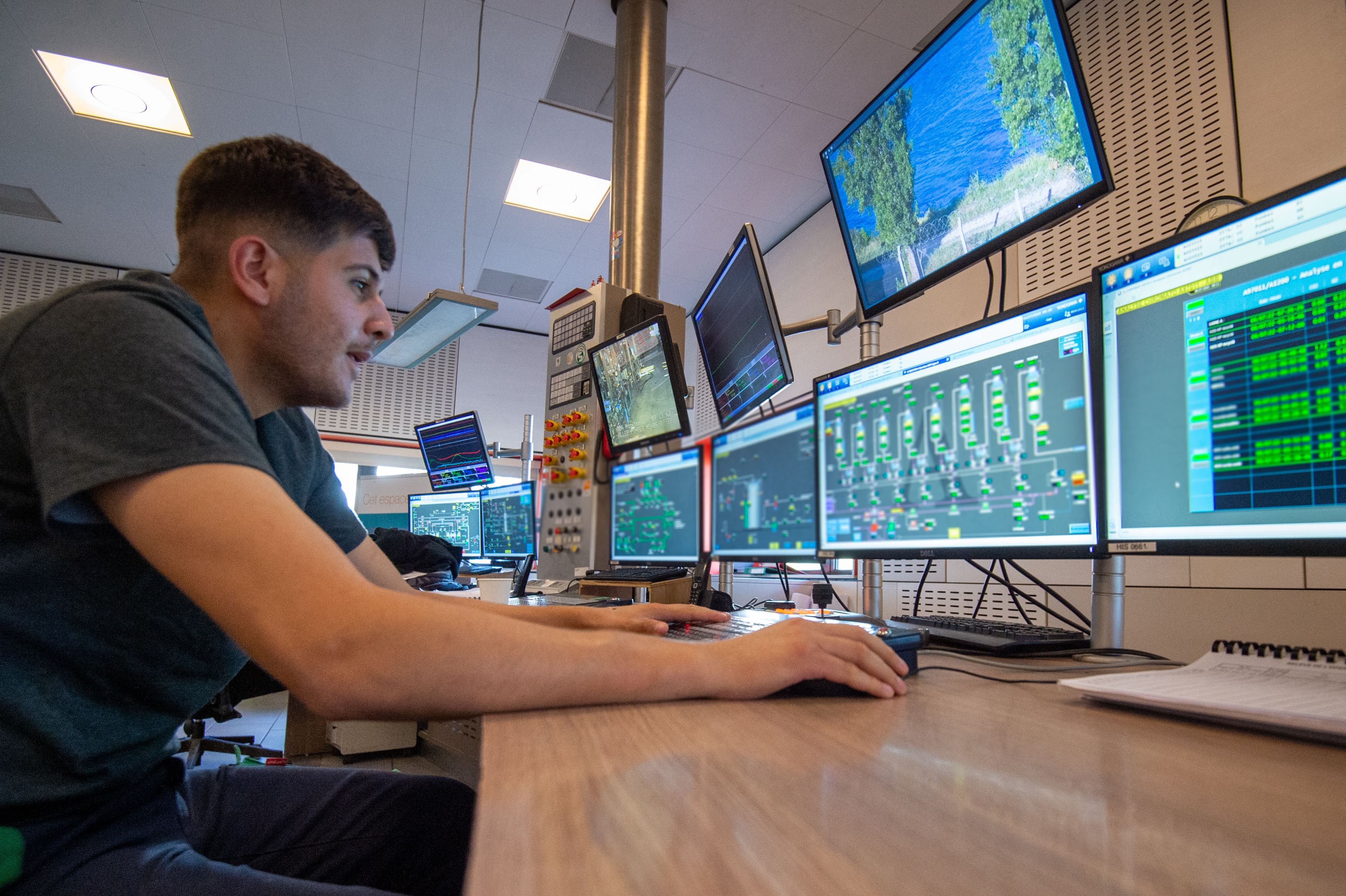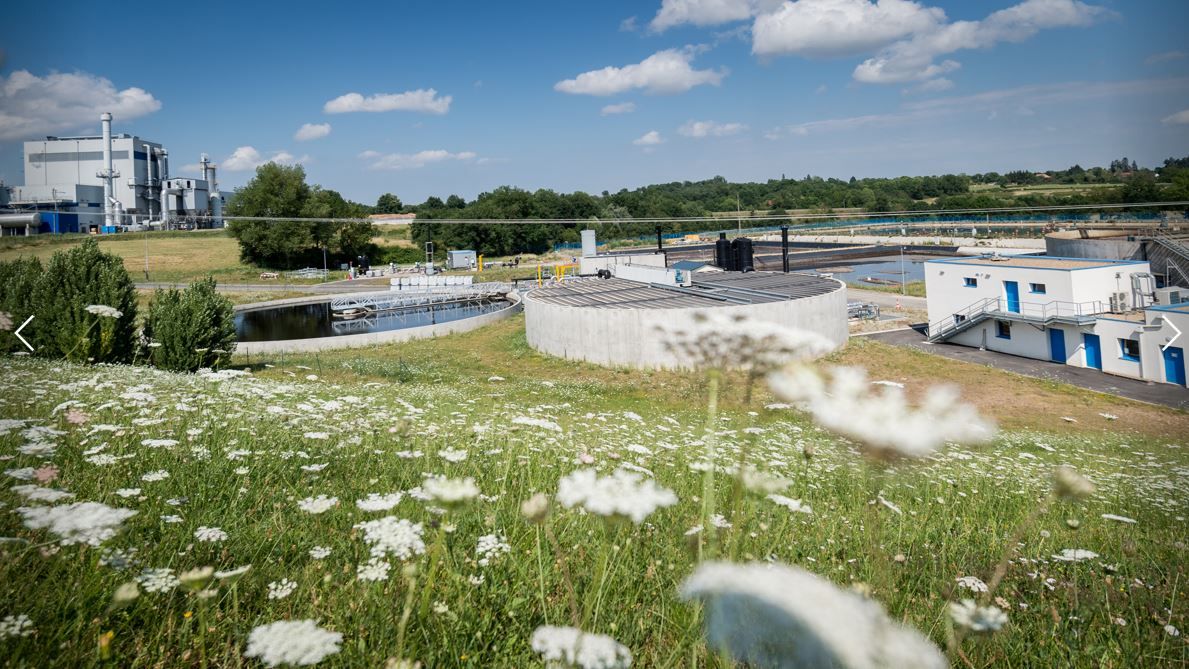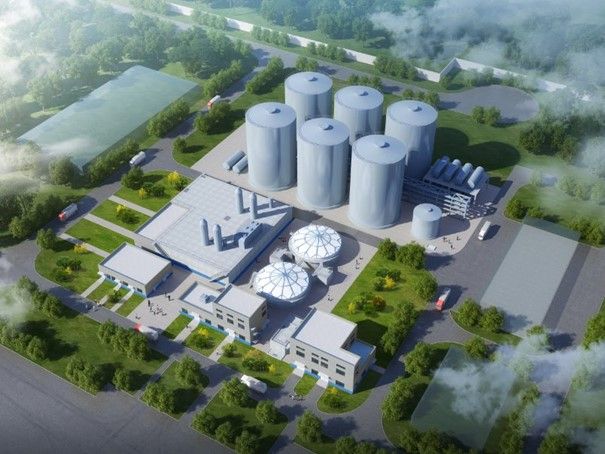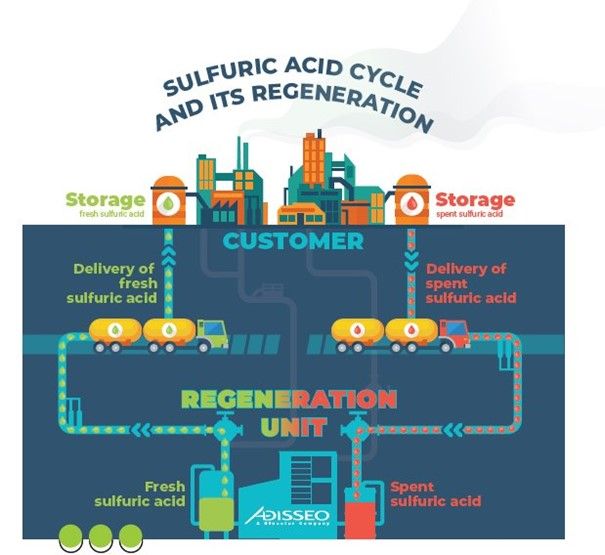- Species
- Products & Services
- Safety & Sustainability
- Resources
- Investor Relations
Want to search based on the challenges you face?
See all challenges
See an overview of our product offer
See all Products & Services
Our sustainability approach
Explore how sustainability is embedded in Adisseo Vision and Mission and Strategy.
Learn more
Safety
Ensure a responsible behavior
Reduce our Environmental Footprint
Minimize your impact with LCA insights
Strenghten our governance
Reporting on Sustainability
Want to know more about our innovation efforts?
Learn more
